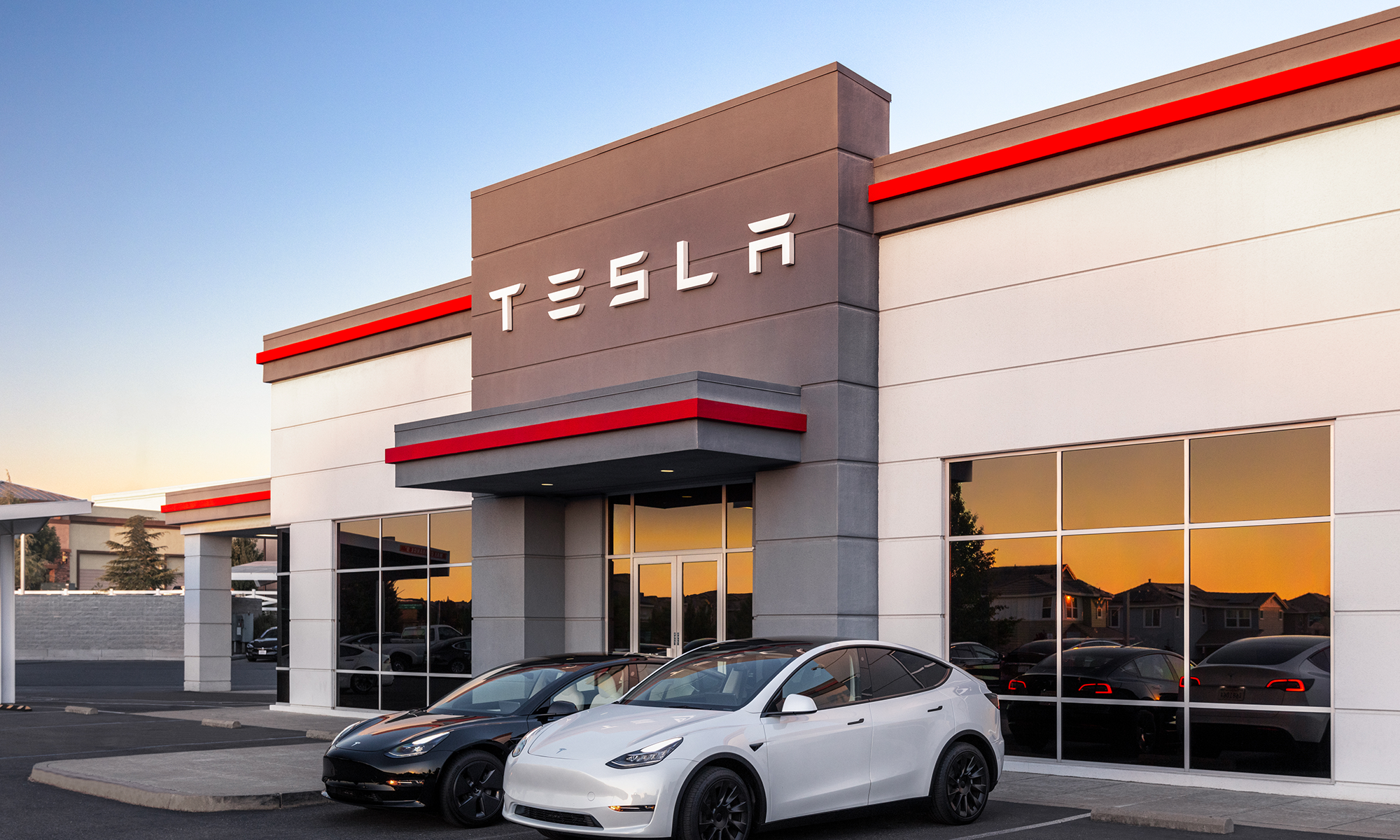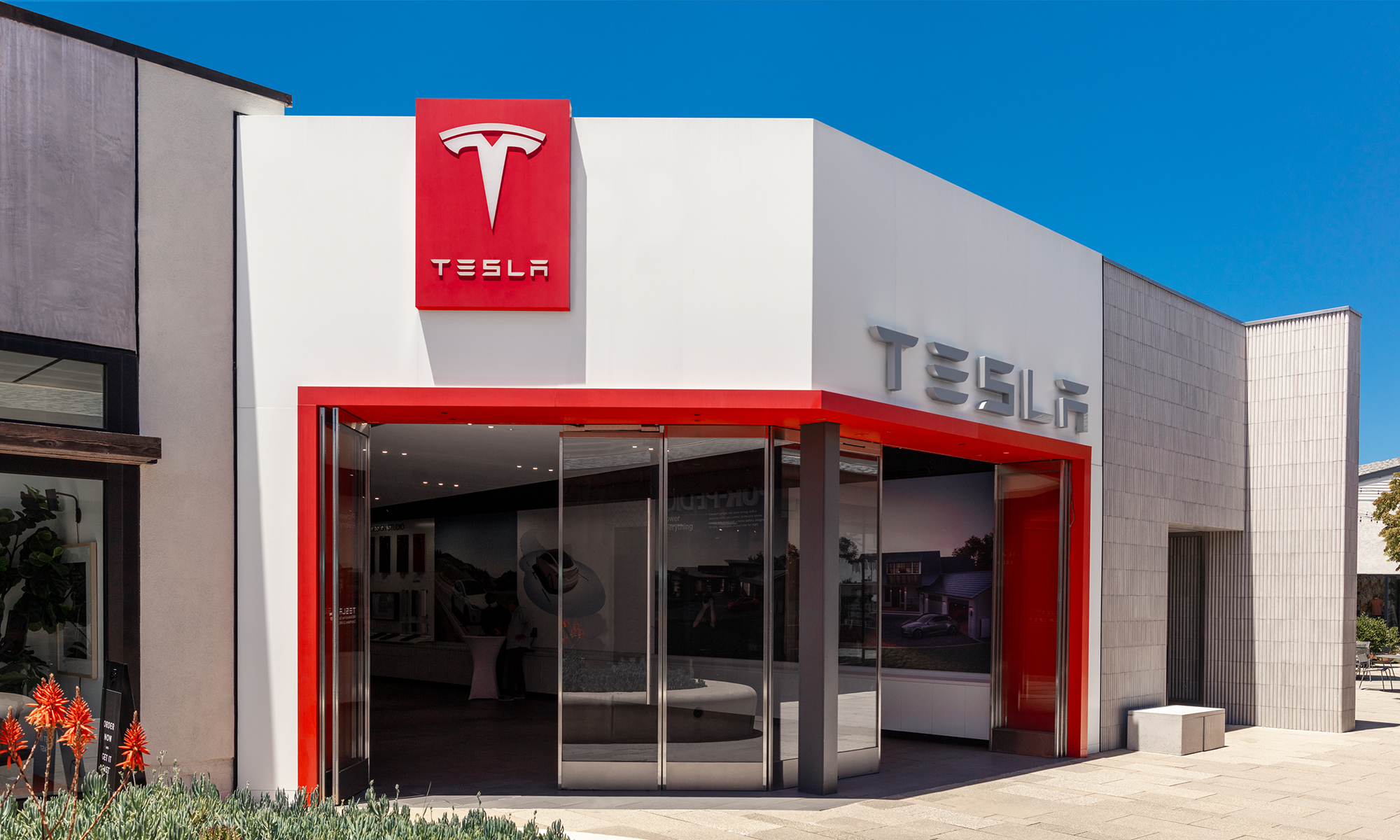With Tesla's (TSLA 0.04%) first deliveries of its lower-cost Model 3 just a few weeks out, the electric-car maker's business is about to go through a major change. Since management expects the $35,000 vehicle to increase Tesla's annual production from a rate of 100,000 units today to 500,000 units next year and 1 million units by 2020, Tesla is not only going to need much higher production capacity, but also sufficient sales, service, and charging networks to support this higher volume.
In anticipation of its Model 3 launch, Tesla has already begun doubling down on its Supercharger network, recently announcing a massive expansion to the fast-charging stations, which already enable driving anywhere in the U.S. (except Arctic Alaska) and most of Europe, China, and Japan. And now Tesla's next focus is the future of Tesla service.

Image source: Tesla.https://teslamotors.app.box.com/v/pressfiles/file/195768896526 Password: tesla1press
The future of Tesla service
Earlier this week, Tesla announced significant expansion plans for its service network. Within the next 12 months, Tesla will add 100 new service centers to its 150-plus centers today, 350 new vans for mobile service, and 1,400 new technicians, increasing its overall service capacity by a factor of three worldwide. In addition, Tesla announced that it will soon roll out a feature that allows customers to schedule service from their vehicles.
Tesla's new service centers will have significantly more service capacity than previous centers. To achieve this, the centers will include up to 40 repair lanes. Tesla believes this streamlined approach will make its service centers four times faster than conventional auto-repair centers, using up to three times less space.
For years, service has been central to Tesla's expansion strategy. The company has put high-quality service at the forefront of its customer experience -- an effort that has likely helped word-of-mouth marketing. There's evidence of Tesla's emphasis on quality: The company has consistently been awarded top marks in customer satisfaction for its service.
Tesla's focus on service has persisted this year, as the company's wait times and repair times at its service centers have reached record lows in the past six months. In addition, Tesla noted this week that it can now diagnose and address 90% of vehicle issues remotely without sending a technician to the vehicle.
Tesla's service is also made easier by the company's regular over-the-air updates, which proactively address bugs and make vehicle improvements.
Tesla service is more important than ever
With Tesla planning to increase its annualized production fivefold by next year as it attempts to make a dent in its approximately 400,000 Model 3 reservations, the electric-car maker will obviously need to be ready to welcome its new customers with a great service experience.

Model 3. Image source: Tesla.
To this end, Tesla says it's basing its service expansion on its map of Model 3 reservation holders. This will enable Tesla to launch more service centers and deploy more mobile service vans in the areas with its most concentrated Model 3 deliveries.
Tesla expects to deliver about 30 Model 3 units at its delivery event on July 28 and increase its monthly deliveries to about 20,000 units in December. At some point next year, Tesla wants its Model 3 production to reach 10,000 units a week.






